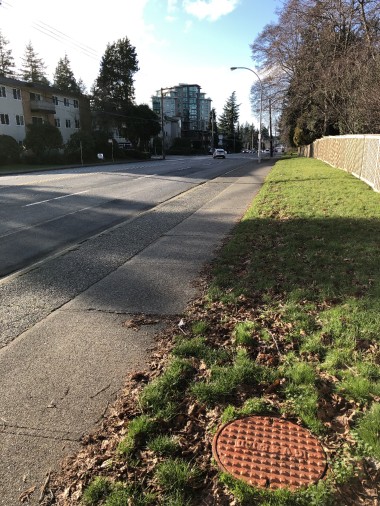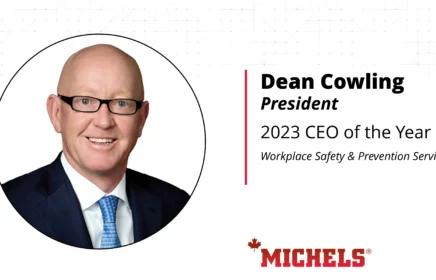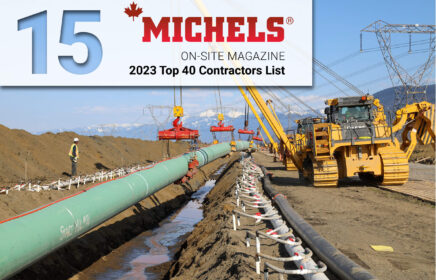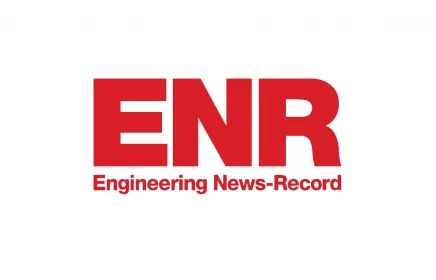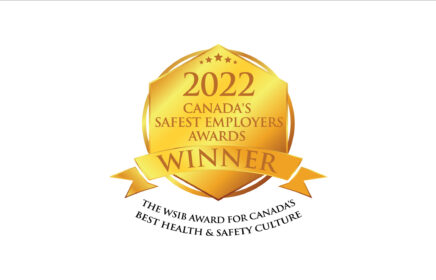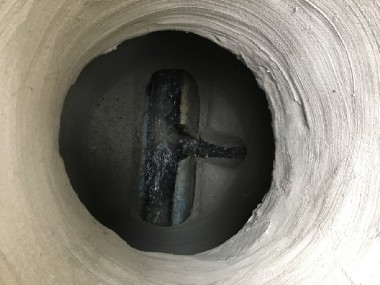
The Project
Metro Vancouver, Liquid Waste Services, needed qualified utility contractors to complete a pilot project of Trenchless methods to determine if Geotree GeoSpray® Geopolymer was suitable as a permanent structural lining for future manhole and structure rehabilitation projects. The project consisted of the rehabilitation of six manholes along 16th Avenue, between 142nd Street and 152nd Street in Surrey, British Columbia. The maintenance holes and chambers were 1,200mm in diameter and ranged in depth from 1.55m to 2.45m.
After providing a full complement of Engineering documentation, geopolymer material standards, application procedures and pricing, Michels entered into a contract agreement to perform this geopolymer lining Pilot Project.
Overcoming Corrosion and Debris Buildup with SIPP GeoSpray
Michels mobilized to the Ocean Park Trunk maintenance Hole Rehabilitation site on March 13, 2019. Initial inspections of the manholes showed significant hydrogen sulfide corrosion and debris buildup. The manholes were prepared for GeoSpray application, a spray in place pipe lining technique, by using a high-pressure washer to clean the manholes and remove any lose debris. Following cleaning, the existing rungs were removed and the structure was inspected for leaks.
Upon determination that there were no leaks present and the surface was ready for geopolymer application, a 1” thick layer of geopolymer mortar was hand-sprayed by a worker that was lowered into the manhole by tripod and man winch. Following the application of the GeoSpray, the surface was levelled and finished using a trowel and brush. After a cure time of 24 hours, crews returned to install new manhole rungs. Lastly, the new geopolymer mortar was sprayed with an anti-microbial sealant to protect the product from future deterioration. The maintenance hole rehabilitation work was completed on March 20, 2019, three days ahead of schedule.
Site Conditions
As 16th Avenue is a four lane arterial road, it was crucial that construction activities had a minimal impact on traffic conditions and work was limited to the hours of 9:00 AM to 3:00 PM. In order to meet permit requirements and maintain productivity, it was necessary to be able to mobilize and demobilize each day as quickly as possible. In order to accomplish this, the team assembled a self-contained geopolymer application system that was mounted within a tandem truck. Within the spray unit was a water tank, generator, compressor, pressure washer and a D150 mixer. Being able to employ this mobile, self-contained unit allowed the crew to maintain regular flow of traffic. The west-bound, outer lane needed to be closed only at the immediate location of the manhole currently being rehabilitated and for only short periods of time. Pedestrian traffic was maintained at all times.
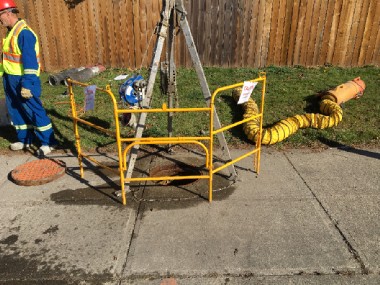
Pilot Project Helps Pave Way for Metro Vancouver’s Future Rehabilitation Needs
Initial indications are that Metro Vancouver believes the Pilot Project is a success with this method of manhole rehabilitation. Metro Vancouver VMV was impressed with productivity rates and minimal impact on the work areas. The method poses as a highly likely method to advancement in repair on the critical infrastructure currently in VMV’s asset list.
Accomplishments
- Total vertical footage lined was 11.12m
- Entire project was completed in seven days, three days ahead of schedule
- Minimal community impact at work areas
- Michels provided fully contained Manhole rehabilitation equipment
- Solution allows for a quick response to solve a number of Metro Vancouver’s future rehabilitation needs
